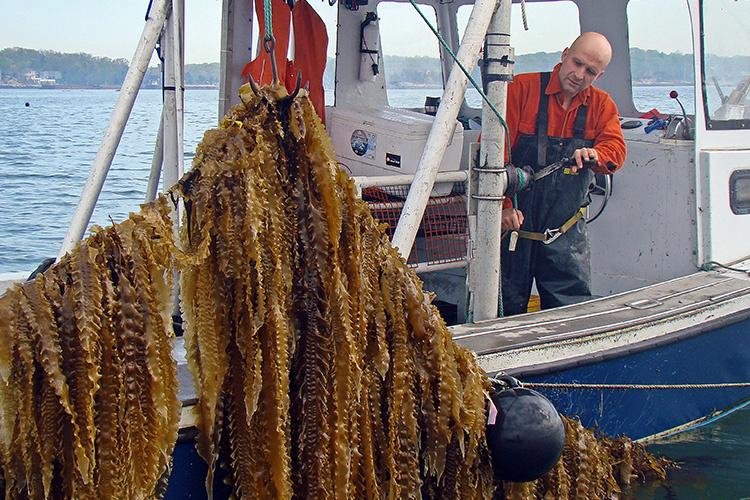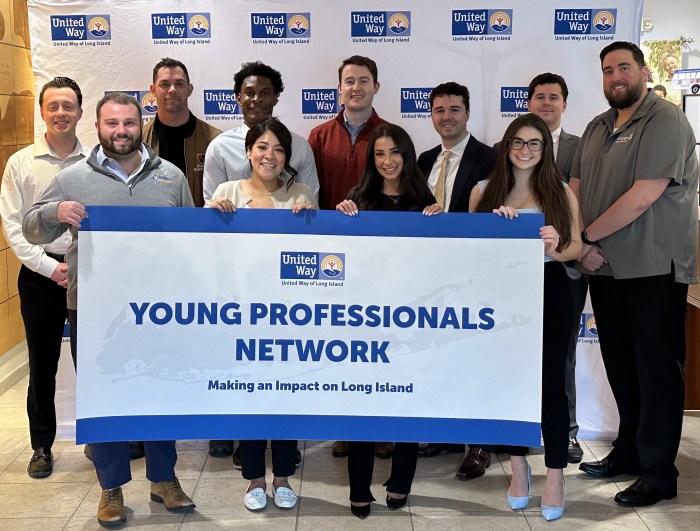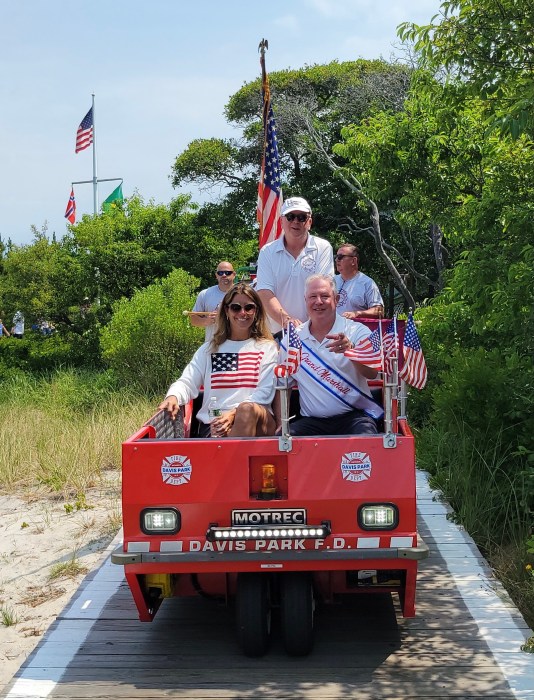
“Seaweed agriculture,” the academic publication Frontiers in Marine Science has reported, is “the fastest-growing component of global food production.”Seaweed farming has come on strong worldwide, and it is being developed now in Suffolk County – including in the Great South Bay – as a way to counter a number of severe environmental problems.Dr. Christopher Gobler, co-director of the Center for Clean Water Technology at Stony Brook University, and a professor within the university’s School of Marine and Atmospheric Sciences, commented last month about how a small area of kelp can absorb as much nitrogen as several of the new Innovative/Advanced (I/A) septic systems being installed to reduce nitrogen emanating from cesspools. As to climate change, he notes how kelp soaks up carbon dioxide.His team has been harvesting kelp from test farms not only in Great South Bay but to its east, in Moriches Bay as well as in the Long Island Sound and Peconic Bay.Sugar kelp – the kelp of choice – is native to this area. A brown rubbery plant, it can grow underwater in fronds up to 15-feet long and astonishingly quickly. Also, sugar kelp appears, said Dr. Gobler, to contain compounds lethal to the red algae that can infect shellfish and cause sickness, indeed death, in people. Kelp can also be used as fertilizer. Moreover, it’s edible.“Toasted kelp,” said Charity Robey, food columnist at The Shelter Island Reporter, “is like a blue-corn-tortilla-chip-of-the-sea. It is full of umami, a taste that is also associated with meat and mushrooms…”Frontiers in Marine Science declared that “seaweed agriculture … offers a slate of opportunities to mitigate” climate change. The largest seaweed-producing nations are China, Indonesia and the Philippines.“The upshot,” Sierra says: “Seaweed farming has promise. In addition to sequestering carbon, it can provide habitat for fish and mitigate local effects of ocean acidification … Still, the most effective way to sequester carbon is to not release it in the first place.”Quite correct, but this and seaweed farming are not mutually exclusive.































